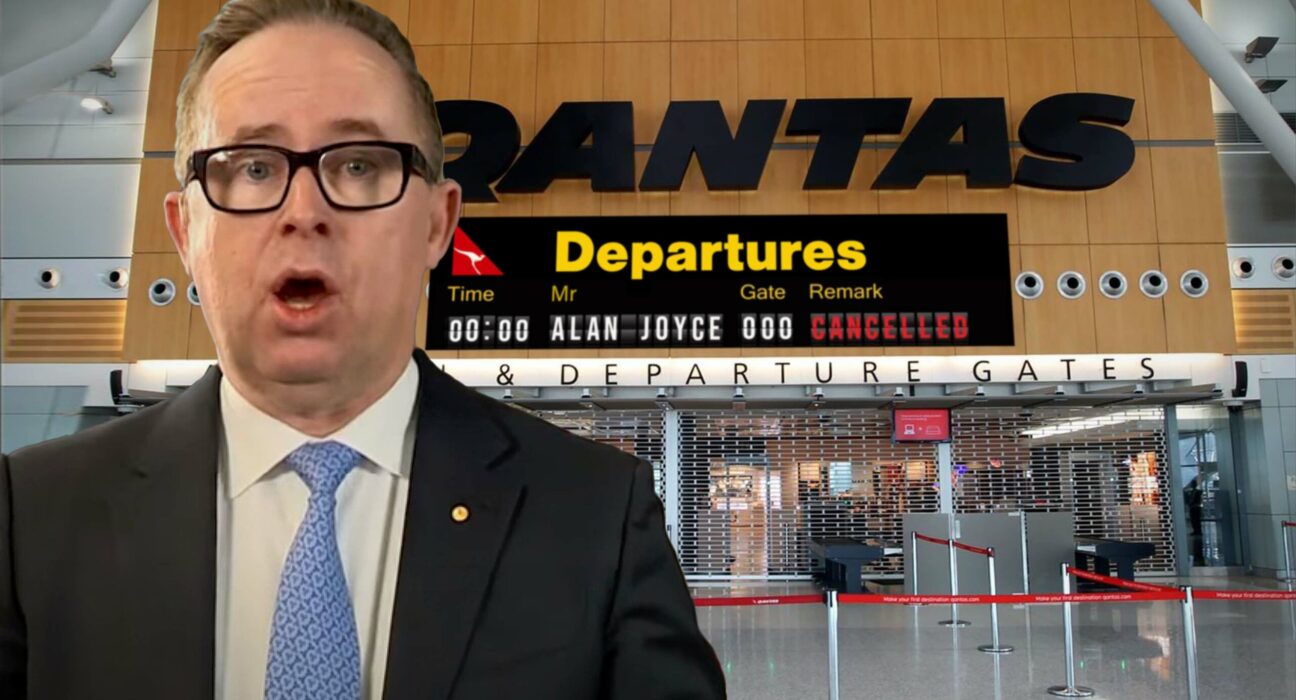In the realm of post-Joyce Qantas, there was a natural curiosity surrounding an in-depth examination of the strategy choices left behind by the former CEO, Alan Joyce. It was inevitable that there would be a meticulous dissection of his leadership decisions, especially regarding Jetstar Asia – a venture that raised many eyebrows over its prolonged existence.
The saga of Jetstar Asia, under the stewardship of Alan Joyce, has been nothing short of intriguing. A budget airline operating within Asia for over two decades, it managed to turn a profit in merely six years out of its entire lifespan. The lingering question on everyone’s minds: Why did this financially unstable entity continue for so long under Joyce’s watch?
A retrospective review highlighted Joyce’s management style as
“control and command,”
indicating a centralized decision-making approach that essentially made Qantas his domain. Jetstar Asia, nestled in Singapore and offering low-cost flights to various Asian destinations, stood as one of Joyce’s pet projects. The board’s scrutiny following Joyce’s controversial exit shed light on the repercussions of his managerial tactics.
As one insider noted, “Qantas was Joyce’s show,” showcasing how deeply entrenched he was in every aspect of the business. With Jetstar Asia now bidding farewell with its final flight scheduled for July, Vanessa Hudson inherited a challenging legacy to address.
Vanessa Hudson is now tasked with untangling the financial web left behind by her predecessor. The closure of Jetstar Asia presents both challenges and opportunities for Qantas – saving millions in losses while gaining valuable resources in terms of aircraft fleet.
Hudson faces a daunting task ahead as she navigates through Qantas’ financial landscape during a phase marked by capital-intensive fleet upgrades. With no room for error given the significant losses incurred by Jetstar Asia amounting to $35 million this year alone, strategic decision-making becomes paramount.
The closure also signifies a shift in focus towards optimizing resources within Qantas Group – retiring older aircraft, replacing leased ones, expanding domestic routes, or venturing into lucrative mining sectors. This realignment aims to streamline operations and bolster profitability amidst evolving market dynamics.
Furthermore, Hudson must remain vigilant as Virgin Australia stages its comeback – intensifying competition and vying for investor attention within Australia’s aviation sector. Navigating these competitive waters demands astute financial acumen coupled with strategic foresight to ensure Qantas maintains its market dominance.
Despite external challenges such as weather disruptions affecting domestic capacity and industrial actions impacting international growth projections, Hudson remains steadfast in her quest to steer Qantas towards sustained success post-Joyce era.
As experts opine on this corporate transition at Qantas amid turbulent times in the aviation industry; it underscores the critical importance of effective governance and sound strategic planning – elements that will define Qantas’ trajectory moving forward amidst fierce competition and external pressures.
In conclusion *“There is no room for sentimentality from Hudson when it comes to excising Joyce’s former folly.”*

